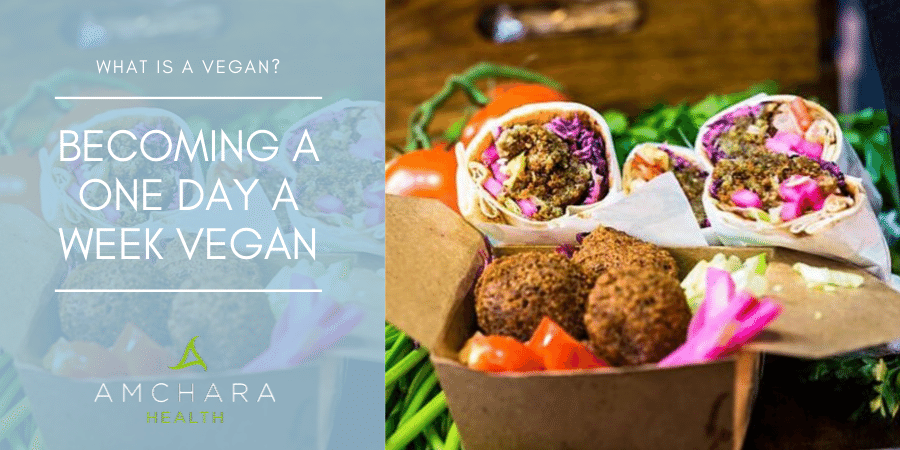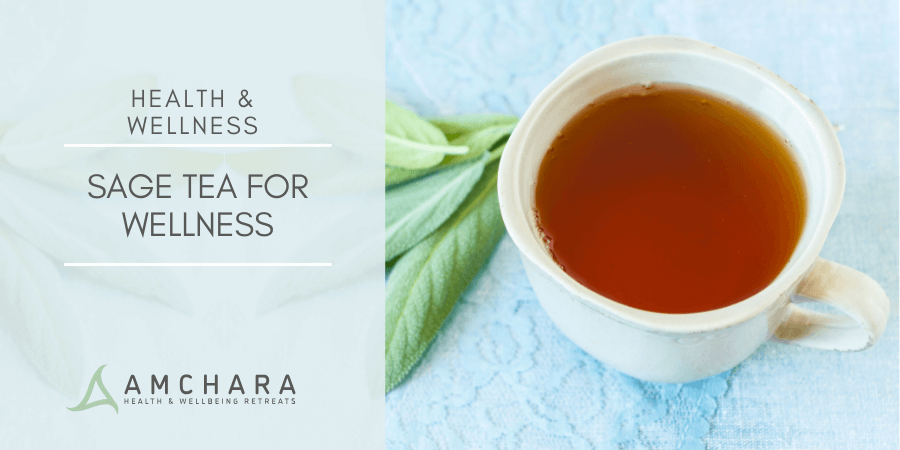Benefits | Downsides | Getting Started | What Can I Eat? | Meatless Mondays
What is a Vegan?
Vegans choose to exclude any animal products from their diet, that includes any byproducts derived from animals, so dairy, eggs and honey.
Some vegans also avoid products including leather and anything else that happens to be tested on animals.
Many vegans choose the lifestyle to avoid causing any harm to animals.
However, there are more people now that are choosing a vegan lifestyle for health benefits and to personally reduce the impact they are having on the environment.
What are the benefits of being Vegan?
- Firstly, green plant foods are rich in chlorophyll, a substance which helps to increase the uptake of oxygen in our cells and provides us with plenty of magnesium for muscle and nerve health.
-
They also contain polyphenols and antioxidants to limit oxidative damage within the body.
-
Many plant foods also exert an alkaline effect when ingested which helps to keep an anti-inflammatory state within the body.
-
The high fibre content of a vegan diet from vegetables, pulses and beans can aid in digestive function and bowel movement. This acts as a protective factor against some bowel cancers and other diseases.
-
Plant based food tends to be easier to digest for most people (as long as nuts, seeds and legumes are soaked and prepared properly) so following a vegan diet even for a short period of time can give your digestive system a bit of a break.
Are there any negatives to following a Vegan diet?
Vegans are unable to get the vitamin B12 in their diets, this vitamin is vital for DNA function, energy metabolism and cardiovascular support.
It is produced by bacteria that commonly reside in the guts of animals so consequently the sources with the highest amounts are meats and animals products.
There is some B12 available in certain seaweeds and negligible amounts in some mushrooms but generally it is recommended that vegans supplement with B12 to ensure they are getting their full requirements.
Another consideration is the fact that, just as with omnivores, there are different types of vegan.
Someone can follow a vegan diet but still eat junk food, processed foods, refined carbohydrates and fizzy drinks.
A conscientious vegan will ensure they get all their nutritional requirements from a variety of sources and supplement where necessary.
Becoming A One Day A Week Vegan
Many of us like to eat meat and have it daily as part of our main diet.
However becoming a one-day a week vegan could actually help your body and the environment at the same time.
Adopting a vegan diet just one day a week can help you to detox and can give you a much younger and healthier look.
Many of us enjoy meat in our diet and it is a complete protein.
You can get protein from sources such as spirulina, chickpeas, beans and sprouts (not Brussels the other kind).
Spirulina is actually 14 times more absorbable than beef which means your body can utilise the protein much more readily.
There are lots of benefits to having a day each week free from animal products.
Firstly, it can help to reduce your blood pressure and cholesterol levels. It can also help you to lose weight and reduce the risk of heart disease and other illnesses.
Dairy products, in particular, are mucus forming, we actually only need milk up until the about the age of 7, as infants we produce an enzyme called rennin, but we stop the production of this one we’re weaned.
Cow’s milk is designed for calves; calves grow at an extraordinary rate compared with us and are much bigger.
If you think about it we are the only mammal that drinks the breast milk of another lactating mammal.
An acupuncturist friend of mine once said to me “would you suckle at the teat of a cow”?
Once I thought of in those terms I stopped drinking cows milk.
What Can I Eat On My Vegan Day?
You can eat porridge for your breakfast with blueberries, a grated apple, and oat or rice milk, though we recommend not soya milk.
Soya is a refined bean, which is very hard for us to digest, and also 90% of the world’s soya is GM.
Lot’s of fruit, apples, and pears and berries in the summer.
For lunch a lovely salad which you can hummus too to give it more flavour
For an afternoon snack, you can have seeds like pumpkin seeds, which are high in protein and wonderful for bones too.
In the evening you can have a yummy lentil soup with some veggies in there for good measure like carrot or broccoli.
Try – Meatless Mondays
Going meat-free once a week can have a massive positive effect on your health, your finances and the environment that is our home and that we rely on to live.
Going meatless just once weekly can help to reduce the risk of chronic diseases such as diabetes, cancer and heart conditions, and it can also help reduce the impact on the environment and contribute to saving valuable natural resources such as fossil fuels like oil, and clean natural water.
- Meatless Mondays For Health
There are many health reasons that you should go meat-free one day a week. In this section we look at some of the main reasons to adopt the Meatless Monday lifestyle.
- Live A Longer Life
Many recent studies have shown that a diet rich in fresh fruit and veg and lower in red meat increases longevity and quality of life in later years.
Those who eat diets rich in red meat and processed foods tend to die many years prior, often to illnesses such as diabetes and cancer.
- Reduce Your Risk Of Cancer
There is substantial evidence through scientific study that the consumption of processed or red meats increases your risk of colorectal cancer.
But that’s not all.
There is also mounting evidence that the risks of many other forms of cancer, including lung, prostate and uterine is also greatly increased in those who regularly consume red meats.
On the other hand, those who consume large amounts of fruit and vegetables have a substantially decreased risk of many forms of cancer.
Those who eat those natural plant-based foods raw reduce the risk further.
- Fight The Obesity Battle
Body Mass Index, according to many different studies in the US and EU, is vastly reduced and weight is rarely a problem in those who eat a largely plant-based diet.
It is believed that this is due to the high fibre content in plant-based foods, as fibre helps us to feel full for longer thus reducing snacking between meals and overeating at meal times.
- Cut Diabetes Risk
Research shows that eating a plant-based diet cuts the risk of type 2 diabetes.
A plant-based diet means that you’re cutting the amount of calories that you take in and not only that, your food choices tend to be more nutrient dense and this helps to remain a healthy weight, thus reducing the risk of diabetes.
- Reduce Stroke and Heart Disease Risk
Studies have proven that fruit, vegetables and whole grains have can help to protect us against cardiovascular disease and heart disease.
A particular experiment found that with every daily serving of veg and fruit reduced the risk of coronary heart disease by 4%, and reduced the risk of stroke by 5%.
- Increase Nutrient Density Of Your Diet
Meatless Mondays help you to reduce your intake of meat and thus increase your intake of plant-based foods such as fruits, vegetables, nuts, grains and pulses.
Plant-based foods, especially when eaten raw, deliver far more nutrients to the body and less saturated fats and other nasties.
Meatless Mondays For Money
- Reduce Health Costs
By looking after your health better, i.e. by increasing the plant-based foods that you eat, you can help to cut the cost of healthcare and medicines.
Eating a plant-based diet rich in nutrients improves health and cuts the risk of many severe (and more common) illnesses so you’re less likely to need care or pills.
Food really is the best medicine.
- Reduce Your Food Bill
By deciding to have meat-free meals each week, you can cut the cost of your shopping bill as meat is one of the most expensive items to buy in your shop.
Meatless Mondays Help Save The Planet
- Reduce Water Consumption
It requires much less water to grow fruits, vegetables and grains than it does to keep livestock hydrated and thus if we all went meatless one day a week, we could cut water consumption across the globe by up to 28%.
- Reduce Harmful Gases
It takes a lot of emissions to put meat on your table.
There’s production, transportation and livestock farming all of which require process that emit greenhouse gases to the environment, contributing to global warming.
By eating less meat we can cut the amount of harmful gases that are expelled into the atmosphere.
- Reduce Fuel Dependence
Around 25 kilocalories of fossil fuel energy is required to produce just one kilocalorie of meat food products.
In contrast, just 2.2 kilocalories of fossil fuel is required for a kilocalorie of grain.
So as you can see, there are a lot more benefits than you may have realised by going meatless one day a week.
Why not try it and see embrace Meatless Mondays!
Last words…
At Amchara we don’t recommend one specific diet for the general population to adhere to as each individual has different requirements.
However, we certainly support the fact that it is beneficial for people to adopt a diet more heavily based on plant material.
We believe it is important to listen to your body, some people function well and feel full of energy following a vegan diet, but some people feel better with some animal products included in their nutrition plan.
READ NEXT:
- Secrets Of The Vegan Kitchen
- A Vegan Diet – is it Healthier?
- Vegan Protein Powders: See Them All Here
Vegan Recipes:







